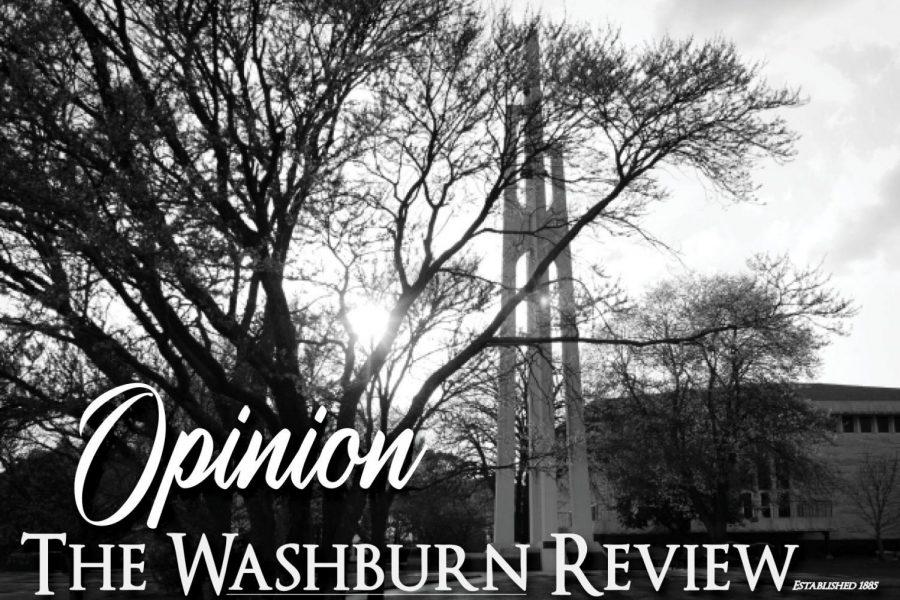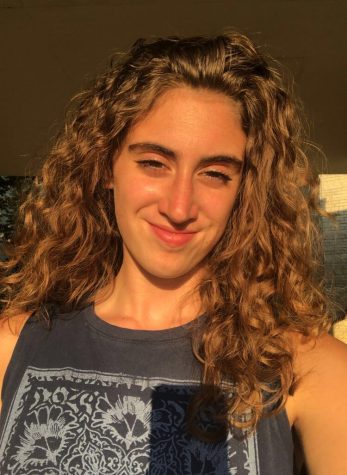Opinion: Love serves multiple functions
February 11, 2020
To a pessimist, love is not real. To someone who has never loved before, unrealistic expectations arise. We hope for a charming prince, taking us to new heights as we ride off into the sunset.
This is what love is not.
Love is biological, instinctual, raw and more powerful than hate and war.
From a biological standpoint love is a chemical reaction. When we’re turned on, we produce estrogen and testosterone. Leaving us peacefully blissed, dopamine flows to the brain; norepinephrine courses through our veins and leaves us feeling excited or nervous.
We are a social animal, and part of the social bonding is just extra affinity for one other individual or a small group of individuals to which that is really more profoundly manifest; a condition otherwise known as love,” according to Robert Elde, CBS Dean’s Office and Neuroscience.
Capable of passing our genes to the next generation, we seemingly find it instinctual to find a mate.
What men consider attractive are women with large hips, able for childbearing. While women look for built, strong, men that will protect them and their offspring. From an evolutionary perspective, our desires are tied to instinctual needs for survival and reproduction.
So, where does the meaning of love tie into all of this?
Biology and social interactions – fulfilling our duty to procreate; our longing lies in looking at someone as if they are the only person in the room.
According to Merriam-Webster, love is strong affection for another arising out of kinship, devotion, or personal ties. Love is not simply a concrete, reproductive urge; it is a social need.
From a young age, we want to be cared for and to be nurtured. Forming social ties makes us feel like we belong.
Love and passion determine our happiness or our fulfillment at the end of a long day.
On the flip side, love is transactional. Love is given and received.
Love occurs in many forms: to love our neighbor, to love ourselves, to care for another human being that we’ve just met and, to overpower hate.
While there are deep connections with love and hate, why does love always persist?
Love is transparent while hate hides in the shadows. Hate, like many closed-off minds, is un-moving and uninspiring. Love transforms!
Love shapes our culture, the breath in our lungs and makes us better people.
Edited by Adam White, Jason Morrison, Wesley Tabor




